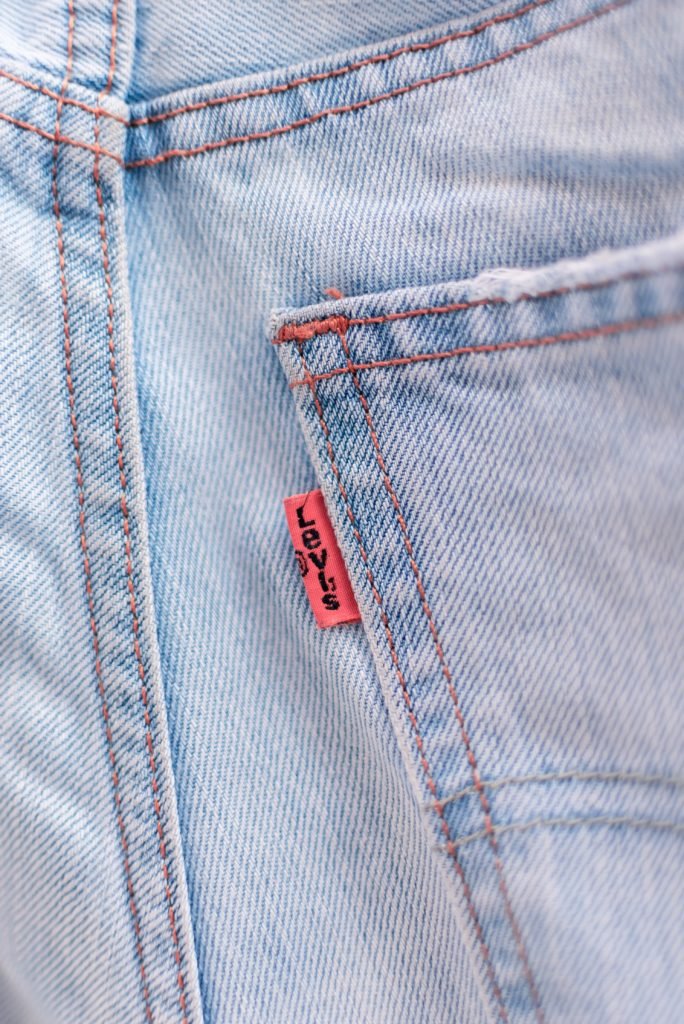A number of the 17 Sustainable Development Goals of the United Nations pertain to the well-being of the planet Earth. They include addressing the issues of availability of clean water as well as clean energy, and other problems resulting from humans living unsustainably. However, the impact of mankind’s destructive activities in modern times has been such that one of the goals is wholly dedicated to Climate Action. The Paris Agreement succeeded to bring a large number of countries to the common goal of limiting the rise in global temperature. The United States has even re-joined the agreement after the election of Joe Biden. Yet many people, including some world leaders, do not seem to be taking the urgency of tackling these issues as seriously as they should be. The larger public is still generally ill-informed or unaware. Legal frameworks often have many loopholes, and regulations regarding pollution, industrial waste, recycling etc are usually insufficient, not very strict or loosely implemented. This has made it easier for larger corporates to continue to get away with their climate-destructive practices and instead focus on the generation of wealth, whatever the cost.
Therefore, in the absence of an impactful concerted global effort, the responsibility for fighting the climate change and preservation of the planet has mainly fallen on the private sector and individuals. Many companies have incorporated “green” practices in their mission statements and implemented strategies to achieve pre-defined goals. On the occasion of International Mother Earth Day, where the theme is to “Restore our Earth”, it is pertinent to discuss the Corporate Social Responsibility (CSR) policies of some of these companies and brands:

Ikea: The Swedish furniture company aims to transition to an electric fleet for the delivery of its products to customers, thus aiming for zero-emission deliveries by 2025. It eventually plans to become carbon positive and has already invested in renewable energy projects.

Levi Strauss & Co: As demand for denim has increased manifold all over the world, water wastage has become a big concern. A garment has to go through a number of wet processes in the finishing stage. With Levi’s Water<Less Program, 69% of all bottoms in 2019 were Water<Less. And the company is striving to reduce its water consumption even further by funding research and open-sourcing its water saving practices. Other climate change related goals of the company include using 100% renewable electricity in its owned-and-operated facilities by the end of 2025.

Google : This giant is on a mission to be carbon free by 2030 by working together with partners to pursue carbon free energy generation and storage technologies. In 2017, Google matched 100% of its energy consumption with renewable energy purchases. Alphabet, the holding company, has also issued $5.75 billion in sustainability bonds in 2020, the largest issuance of its kind ever. These bonds will fund a number of environmental as well as social initiatives.

DHL Group: As part of the Mission 2050, the DHL group intends to achieve net-zero emissions by 2050. Initiatives to invest in electric vehicles, sustainable aviation fuels and carbon neutral buildings are all under way, among others.
These are just a few examples of action against climate change. However, such companies will not be able to steer the action in the right direction on their own unless more companies realise that CSR is not voluntary anymore and that everybody needs to adapt their practices urgently. This will not be achieved if some corporate giants continue to engage in greenwashing tactics or do too little, too late. The oil production sector, for example, has caused some of the worst climate disasters such as the Deepwater Horizon oil spill, also known as the BP oil spill of 2010. BP paid a total of $30+ billion in penalties and recovery efforts but the effects of the oil spill are long lasting. About 10 years later, the company is moving towards greener objectives as part of the business strategy but it plans to annually invest only about 1/6th of the total oil spill cost in low carbon projects over the coming years. This amounts to about only 40% of the overall capital spending budget of BP. Similarly, the beverages industry leaders such as Coca-Cola and Pepsi are also the leaders in plastic pollution since three years. Yet their continued production of single-use plastic bottles and their targets for reduction in the use of virgin plastic and reduction of plastic waste in the oceans seem a bit contradictory.
In recent times, we have witnessed many climate disasters such as hurricanes, wildfires, and loss of crop due to locust invasions and exceptionally extreme temperatures. In 2019, we witnessed the earliest earth overshoot day ever on 29 July. Basically, we had used all of the annual allowance of earth’s natural resources by that date. In 2020, due to the lockdowns and resulting lower carbon emissions, the overshoot day fell a bit later on 22 August, which is not even one whole month later than 2019’s. It is likely that climate disaster events would increase in frequency and magnitude in coming years and urgent climate action is required to restore the balance of our earth. We, the consumers, should demand more environment-friendly and sustainably produced goods and services so that companies see the advantage of investment in green initiatives as a business strategy, in addition to CSR strategy, like the case of BP. We, as the public, should also make our elected representatives accountable for their role in the fight against climate change by pushing for stricter regulations of certain industries, such as against the pollution caused by cruise ships. Additionally, we all should adapt good practices in our daily lives as well, such as sorting of waste at home for recycling, paying attention to our water consumption, running lower heat cycles while washing our laundry, using public transport or low-carbon emission vehicles, switching to electricity from a renewable source and so on. It is only with our combined efforts that we will be able to restore some of the lost health of our planet and secure a safer future for our coming generations.
The author, Aamina Khan, who is also the editor of Ed-watch, is an international polyglot citizen who likes to explore the world differently. A Chartered Accountant by profession, she likes to read and write in various languages as an amateur.







